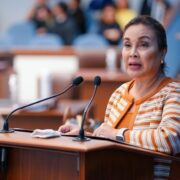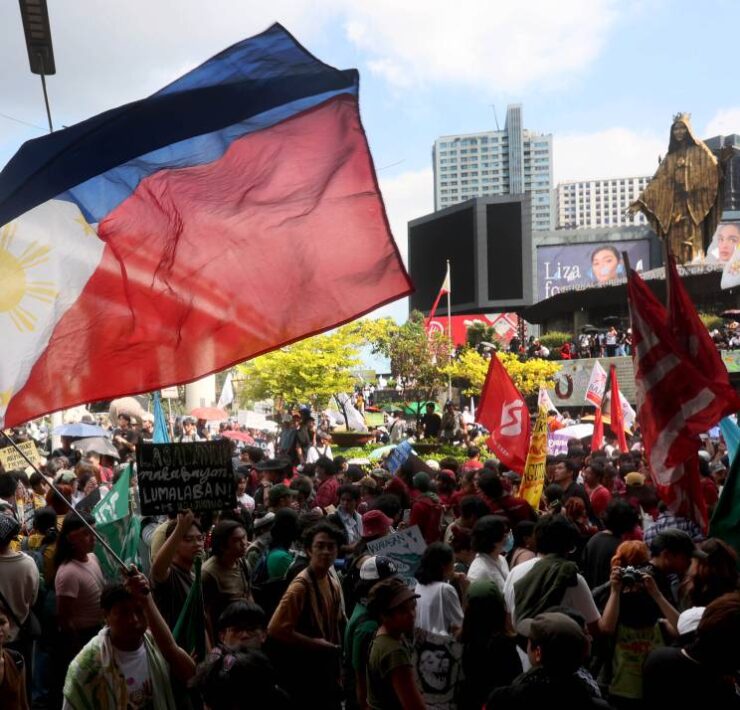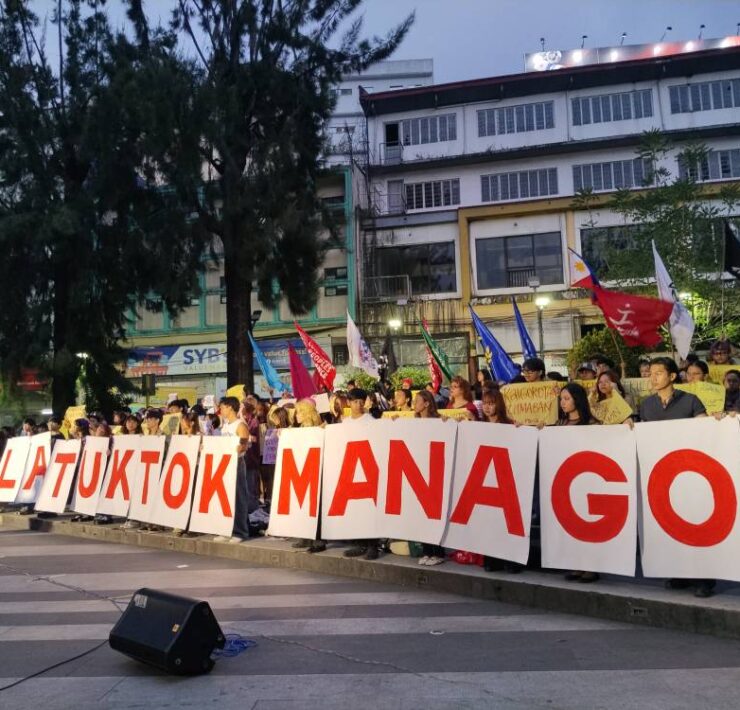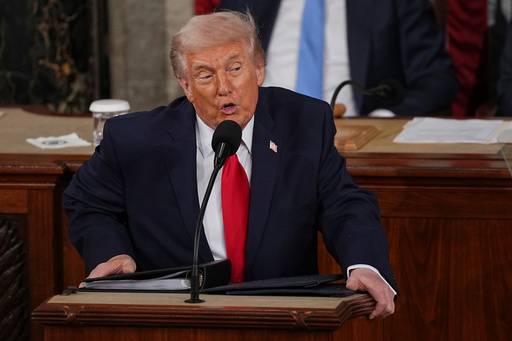Marcos to sign P6.352-T 2025 budget on Rizal Day

President Marcos will sign the P6.352-trillion national budget for 2025 into law on Dec. 30 after his scheduled events for Rizal Day—avoiding the likelihood of a reenacted budget for the first few months of 2025, Malacañang announced on Tuesday.
The Palace confirmed what the President’s elder sister, Sen. Imee Marcos, had earlier disclosed—the scheduled enactment of the 2025 General Appropriations Bill (GAB).
“Signing on 30 December 2024 after the Rizal Day events,” said Presidential Communications Office Secretary Cesar Chavez in a message to Malacañang reporters.
The day before, the President’s sister told reporters that her brother would be enacting the 2025 budget in ceremonies at Malacañang at 9:30 a.m. on Dec. 30.
The President usually leads the early morning flag-raising and wreath-laying rites at Rizal Monument in Manila on Dec. 30, Rizal Day—which commemorates the 1896 martyrdom of the country’s national hero, Dr. Jose Rizal.
The enactment of next year’s national budget will avert the possibility that the government would be running on a reenacted budget during the early part of 2025.
A reenacted budget will impede the implementation of new programs or projects, given that there would be a lack of enacted appropriations.
In the past few days, Mr. Marcos has been constantly sitting down in meetings with Executive Secretary Lucas Bersamin and his economic managers to meticulously review the proposed P6.352-trillion national budget passed by Congress.
He said last week that they would thoroughly scrutinize next year’s spending plan “item by item, line by line” for projects that were not part of the government’s original National Expenditure Program but were included as “insertions” in the national budget bill.
He thumbed down the option of returning the measure to the congressional bicameral conference committee for revisions. Mr. Marcos said he would exercise his veto power on certain line items and provisions that were not priorities and could be deferred.
Chavez’s announcement of the scheduled signing of the budget bill did not mention what specific items would be vetoed.
Critics previously slammed Congress’ final version of the 2025 national budget, which included massive cuts on several public services like P86 billion from the Department of Social Welfare and Development, P74.5 billion from the Philippine Health Insurance Corp., and P12 billion from the Department of Education.
Veto powers
Also criticized was the P26 billion for the Ayuda Para sa Kapos ang Kita, a dole out program for the “near poor” suspiciously timed for an election year. There were also questions about the need for an additional P289 billion for the Department of Public Works and Highways (DPWH), which gave the agency a whopping P1.1-trillion budget for 2025.
The 1987 Constitution authorizes the President to exercise his veto powers on line items in an appropriation, revenue, or tariff bill—but Congress may reconsider the veto by a vote of two-thirds of all House members.
Senator Marcos was not amused by the timing of the signing of the budget bill amid the public uproar over certain provisions of the government’s annual outlay.
“Like a thief on the night before New Year!” Marcos said in a Viber message on Tuesday, mistaking Dec. 30 for New Year’s Eve, which is on Dec. 31.
One of the cuts the President should make was on the DPWH allocation, the senator said. She said at least P188 billion should be slashed from the DPWH so that the spending bill would comply with the 1987 Constitution, which gives education the biggest slice of the budget.
For the ‘old ye faithful’
The senator had earlier pointed out that the ratified version of the GAB contravened the Charter as it set aside P925 billion to the education sector, smaller than the public works budget.
Section 5, Article XIV of the Constitution mandates the government to “assign the highest budgetary priority to education.”
“Unless they have a different way of computing budgetary allocation for education, the (DPWH’s) budget should be reduced by at least P188 billion so as not to violate the Constitution,” she said.
That amount could be “rewards in the unprogrammed appropriations for the ‘old ye faithful,’” she added without elaborating.
The President’s sister, who did not vote against the budget measure despite her criticisms, reiterated that the unprogrammed allotments may only be released upon the availability of “excess income or if there are new sources of funds.”
As for government projects financed by foreign loans, she said only the “loan proceeds component of the project can be released.”
“Also, if the President does line-item veto, they cannot use the appropriations of the items vetoed to fund or augment other items in the budget,” Marcos said, repeating what other lawmakers had been saying.
“They will have less projects to fund, which may translate to a [budget] deficit lower than what was originally programmed,” she added.
This could be a “good or [a] bad thing, depending on who’s counting,” according to her.





















